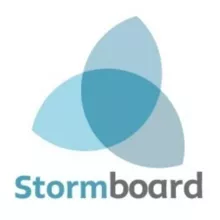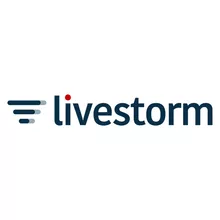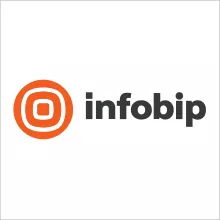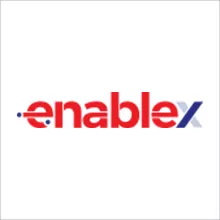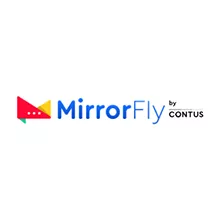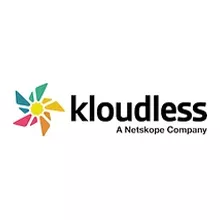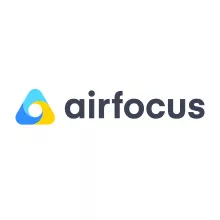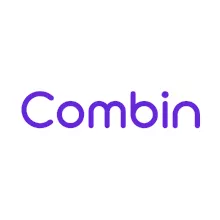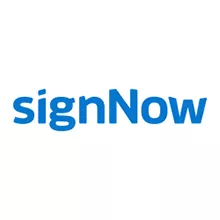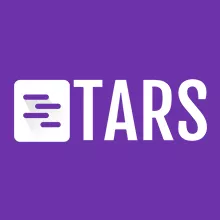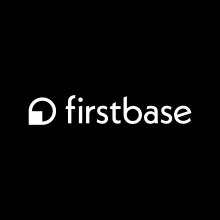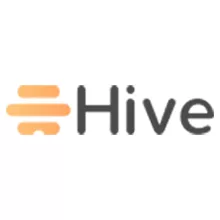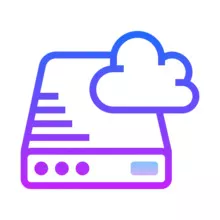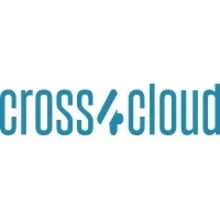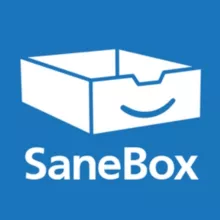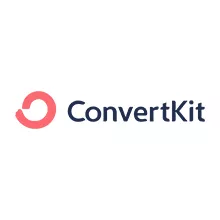Messaging and tasks platform with files
Today's VoIP software combines video conferencing, audio calls, SMS text messages, chat messaging, and even online faxing into a single interface.
What is VoIP Software?
VoIP software is a virtual communications software that allows users to make and receive calls via the Internet rather than through the copper wiring system of the landline PSTN network.
Traditional landlines cannot compete with VoIP's cost reductions, flexibility, and scalable advanced calling options. Standard VoIP features include call forwarding, multi-level IVR, configurable call flow design, and video conferencing.
Types of VoIP
Cloud VoIP
Cloud VoIP, also known as hosted VoIP, is a phone service that allows you to make calls via the Internet. It is one of the most cost-effective forms of VoIP software because it is hosted by a third-party provider and eliminates specific hardware requirements, lowering the cost of service.
On-premise VoIP
On-premise VoIP is different from cloud VoIP in that it is placed at your business's location. This gives you more security control, but it will cost you more money upfront for the necessary hardware and maintenance.
Residential VoIP
Residential VoIP is a voice-over-the-internet service for your house. It is preferred over landlines since it is less expensive, portable, and offers more functions. To know more about VOIP Software, read this article.
Features of VoIP software
VoIP has a plethora of features. These characteristics are so many that they can be tailored to meet specific customer requirements. Some of the most prevalent VoIP features are as follows:
- Ability to configure users with different access levels
- Configuring multiple inputs and outputs paths
- IVR configuration based on working time
- Ability to record calls and messages
- Command codes
- Audio box
- Survey
- Integration
- Customization
- Support
- System Stability
How does VoIP work?
Voice over Internet Protocol software turns your call into packets using a TCP/IP protocol structure when you make a VoIP call. These packets will travel to your destination on your IP network, and your destination phone will ring if your destination is one of your organization's extensions. But what if the goal isn't within the organization? In such a situation, you'll require E1 media gateways, analogue gateways (FXO on landlines), or GSM gateways to connect your VoIP call centre to landlines (SIM cards). Many service providers use VoIP and offer IP service using SIP-Phone or SIP-Trunk instead of a landline or E1 over copper wire systems. So you won't need a media gateway to connect to landlines in this situation.
How to Choose VoIP Software
Now you know what characteristics to look for in a VoIP service, you need to know what to search for in one.
- Guaranteed uptimes and Service Level Agreement (SLAs), available support channels, onboarding support
- Employee training
- Available third-party integrations, Communication APIs, and developer support
- Compatibility with existing hardware
- Available seats and overall scalability
- Current user feedback
Check out the list of the finest business VoIP providers for additional information on top VoIP software pricing, plans, features, and user experience.




